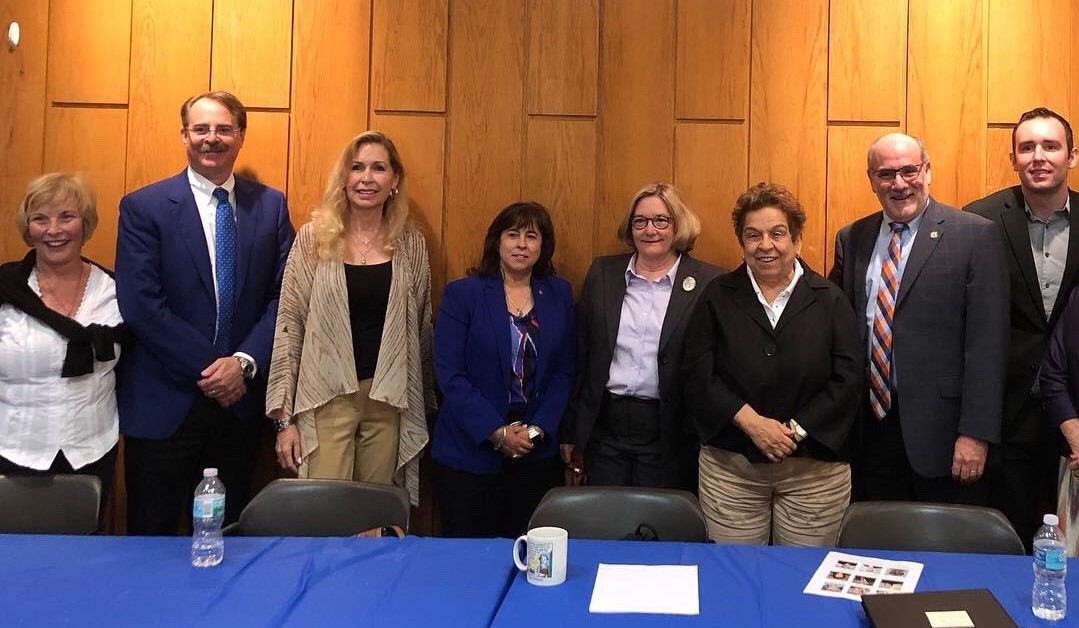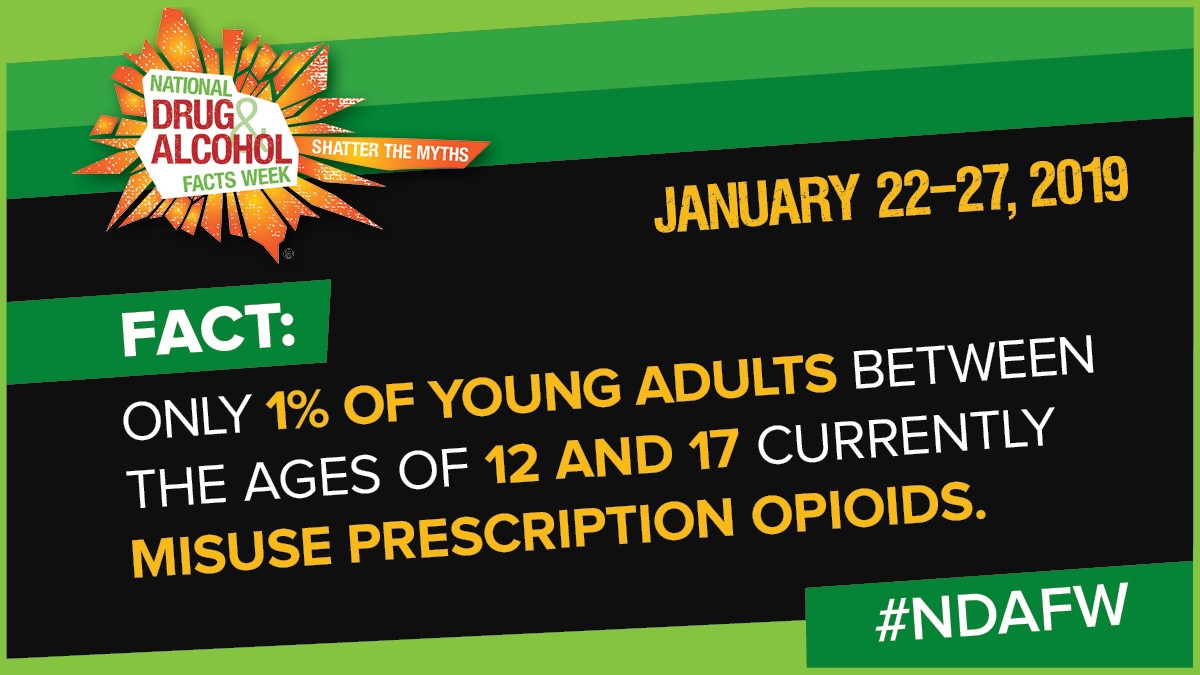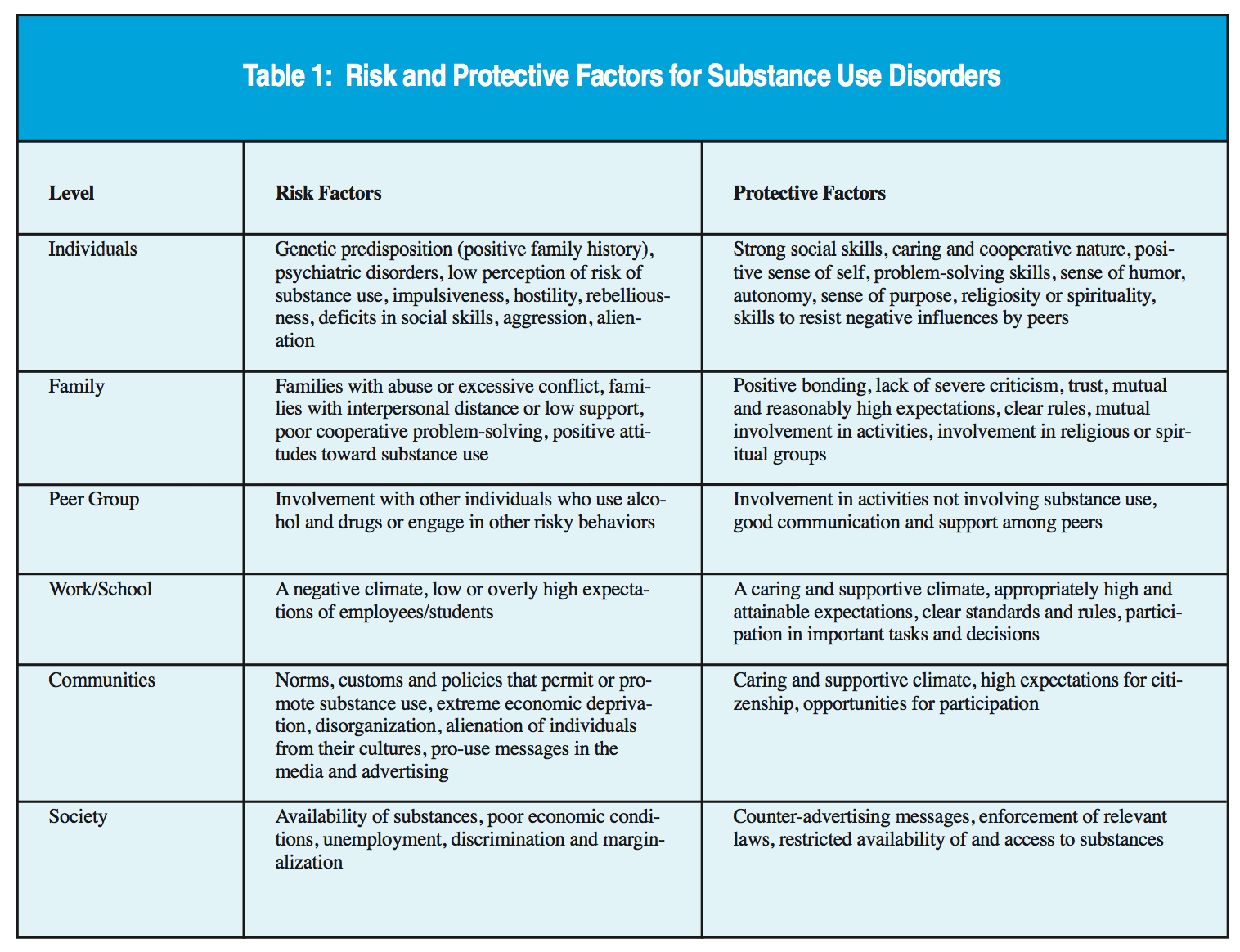Despite recent declines, two out of every three students (66 percent) have consumed more than just a few sips of alcohol by the end of high school, and over a quarter have done so by eighth grade. In 2014, half of twelfth graders and one in nine eighth graders reported having been drunk at least once in their life.
In a new clinical report, "
Binge Drinking," in the September 2015 Pediatrics (published online Aug. 31), the American Academy of Pediatrics (AAP) urges pediatricians and parents to discuss the dangers of alcohol use with children before they take their first sip.
Alcohol is the substance most frequently abused by children and adolescents in the United States, and its use is associated with the leading causes of death and serious injury at this age, including motor vehicle accidents, homicides, and suicides. Eighty percent of adolescents say their parents are the biggest influence on their decision to drink or not.
"We must approach drinking in children, particularly binge drinking, differently than we do in adults," said pediatrician Lorena Siqueira, MD, MSPH, FAAP, member of the AAP Committee on Substance Abuse and co-author of the clinical report.
"Given their lack of experience with alcohol and smaller bodies, children and adolescents can have serious consequences -- including death -- with their first episode of binge drinking," Dr. Siqueira said. "Studies have indicated that continued alcohol use during this growth period can interfere with important aspects of brain development that can lead to cognitive impairment, alcohol-induced brain damage and substance use disorders later in life. Because alcohol use is so common, it is necessary for pediatricians to screen every adolescent for alcohol use during office visits, and along with preventive messages, to help identify youth at risk for alcohol-related problems."
Drinking alcohol is associated with numerous adverse outcomes in underage drinkers, and binge drinking significantly increases these risks.
In adults, binge drinking is defined as consuming five or more alcoholic drinks in a two-hour period by men, or four or more drinks by women. Because teens typically weigh less than adults, they are likely to reach an unsafe blood alcohol concentration more quickly, and lower cutoff points have been proposed. For girls ages 9 to 17, three or more drinks in a two-hour period is considered binge drinking. For boys ages 9 to 13, the cutoff is three or more drinks; for boys ages 14 to 15 it's four or more drinks; and for boys ages 16 to 17, it's five or more drinks.
During high school, drinking rates increase dramatically among teens. Between 36 percent and 50 percent of high school students drink alcohol, and 28 percent to 60 percent report binge drinking. Among high school students, boys are more likely than girls to participate in binge drinking, and is far more common among white boys than among blacks or Hispanics.
The new 2015 clinical report also found:
- Among youth who drink, the proportion who drink heavily is higher than among adult drinkers.
- Children start to think positively about alcohol between 9 and 13 years of age.
- Binge drinking can be associated with early sexual activity and higher rates of teen pregnancy.
- A third of all fatal auto crashes involving alcohol happen among 15- to 20-year-olds.
- Encouraging parents to talk with their children about alcohol use early is very important.
- Programs and resources are available on how to use teachable moments to discuss alcohol use with children.
"Teenagers and young adults who are curious and trying to fit in can easily be influenced by their peers,” said Dr. Siqueira. “Teens who binge drink are more likely to exhibit impaired judgment and engage in risky behaviors such as drunk driving, ride in a car with an impaired driver and have higher rates of suicide. As with most high-risk behaviors, early prevention proves to be more effective than later intervention"










